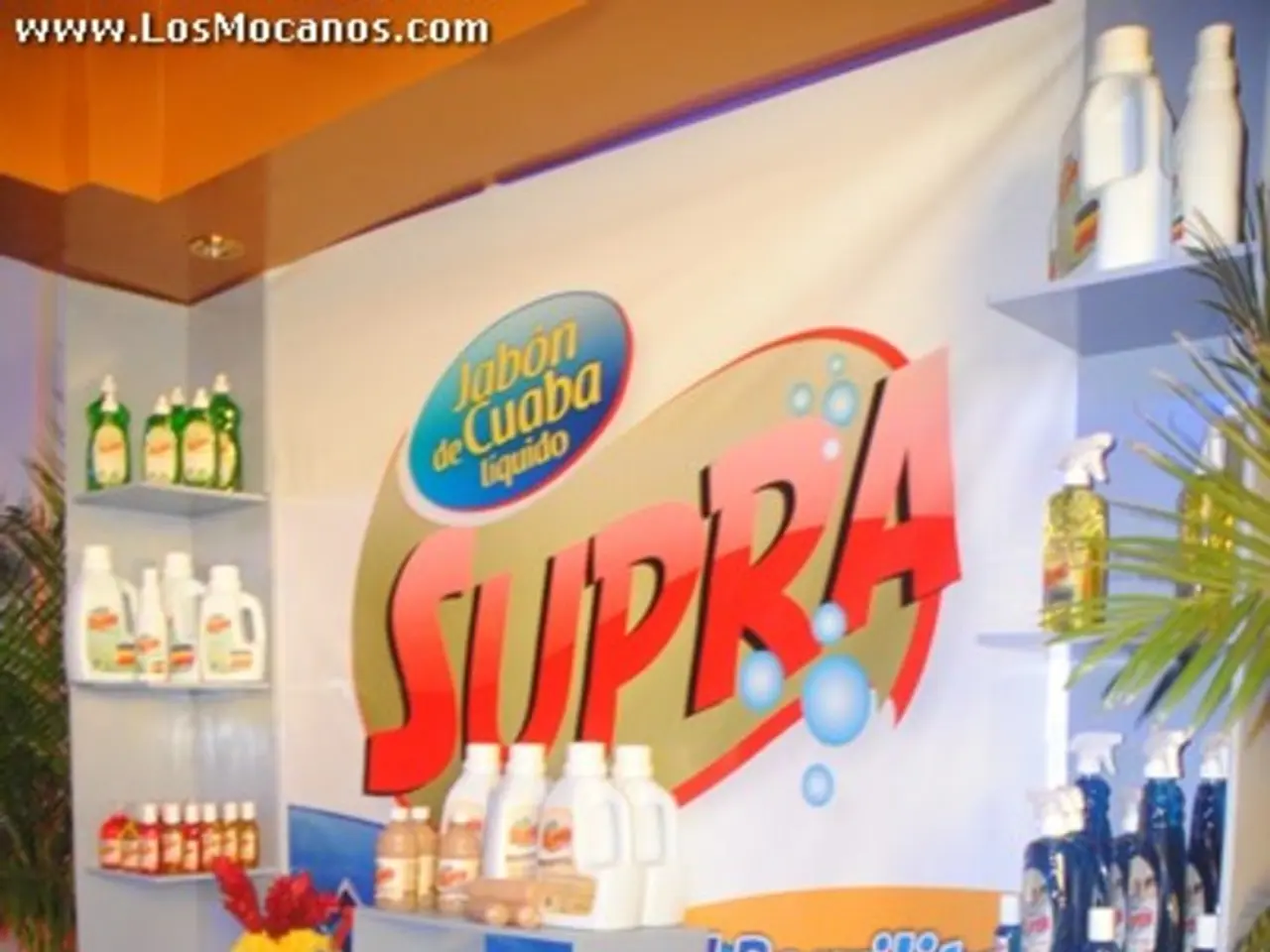Expansion of SAF Certificates Access by STX Group
In a significant stride towards combating aviation's carbon footprint, the Netherlands-based STX Group has taken the lead in the burgeoning market for Sustainable Aviation Fuel Certificates (SAFc). The company recently completed its first delivery of SAFc, marking a milestone in the global transition towards greener air travel.
Fabian Roobeek, Managing Partner of STX, expressed his enthusiasm, stating that their long history of trading niche environmental commodity products underlines their role in enhancing liquidity on the new commodity markets. The company's global network enables sourcing of third-party certified SAFc without minimum purchase volumes, providing access for corporates of any size.
The Danish government has also taken steps to reduce greenhouse gas emissions in the domestic aviation sector, approving a €36m measure to support the use of SAF. This scheme, active until 31 December 2027, encourages airlines operating in Denmark to use SAF on domestic routes.
The Science Based Targets initiative's draft net-zero guidance issued in March 2025 recognises SAFc as a key solution to meet Scope 3 targets for travel and freight emissions. A company can pay for the climate benefits of SAF produced and used elsewhere, without needing to physically take delivery of the fuel itself. This means companies can use SAFc to offset emissions from business travel and air freight, with the International Air Transport Association estimating SAF can reduce life-cycle CO2 emissions by up to 80%.
Looking ahead, partnerships are being formed to scale up SAF production. For instance, Eurowings and the Essen-based startup Greenlyte have recently partnered to develop end-to-end SAF production capabilities at Düsseldorf Airport, covering raw material processing to fuel provision, with a planned pilot production capacity starting in 2028.
Another significant partnership involves Honeywell, Johnson Matthey, Gidara Energy, and Samsung E&A, who are collaborating to develop end-to-end SAF production capabilities.
Under the ReFuelEU Aviation Regulation, jet fuel demand at EU airports could reach around 46 million tonnes by 2030, requiring about 2.3 million tonnes of SAF at a 5% blending rate. However, current EU production capacity is estimated at just 0.24 million tonnes, around 10% of the volume needed. The ReFuelEU mandates set a SAF blending requirement starting at 2% in 2025 and rising to 70% by 2050. Non-compliance with the SAF blending requirement will result in penalties, and revenues from these penalties will be directed to further SAF support or R&D.
Moreover, EU measures include 20 million dedicated SAF allowances under the EU ETS between 2024 and 2030, worth an estimated €1.6bn at current carbon prices. Corporate investment in SAFc supports global SAF production scale-up, which in turn helps reduce long-term costs and secures future supply.
In 2020, SAF accounted for less than 0.05% of total jet fuel demand in the EU. With initiatives like those led by STX and the supportive measures from governments and corporations, this figure is expected to rise significantly in the coming years, paving the way for a greener aviation sector.
Read also:
- Nightly sweat episodes linked to GERD: Crucial insights explained
- Antitussives: List of Examples, Functions, Adverse Reactions, and Additional Details
- Asthma Diagnosis: Exploring FeNO Tests and Related Treatments
- Unfortunate Financial Disarray for a Family from California After an Expensive Emergency Room Visit with Their Burned Infant








